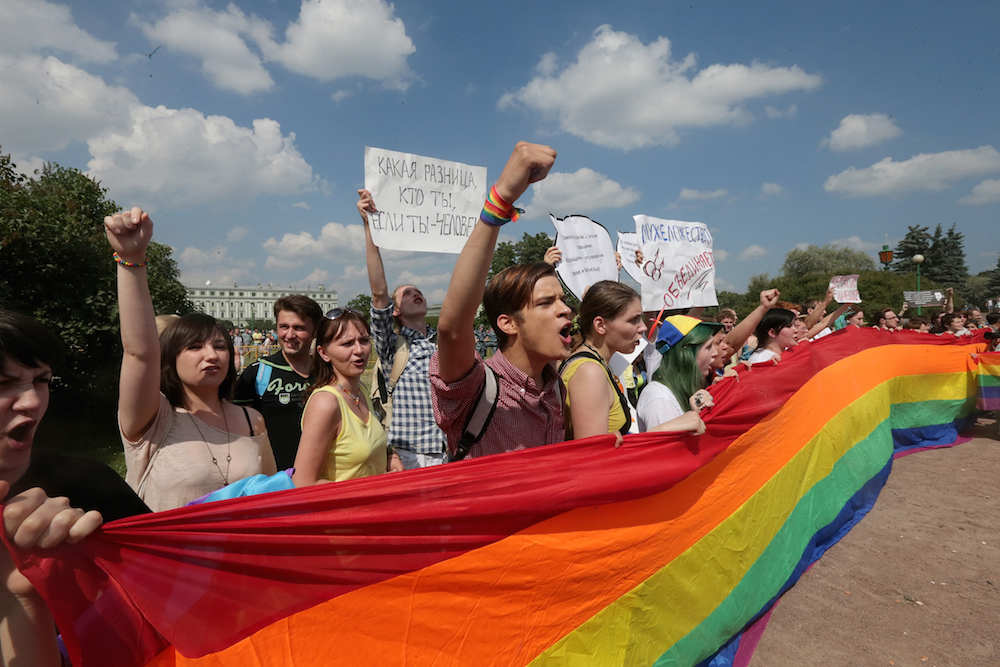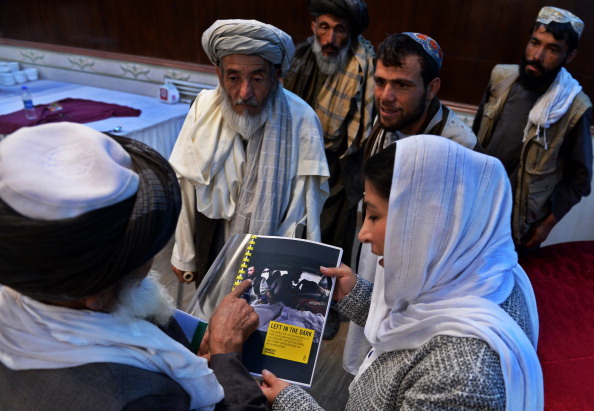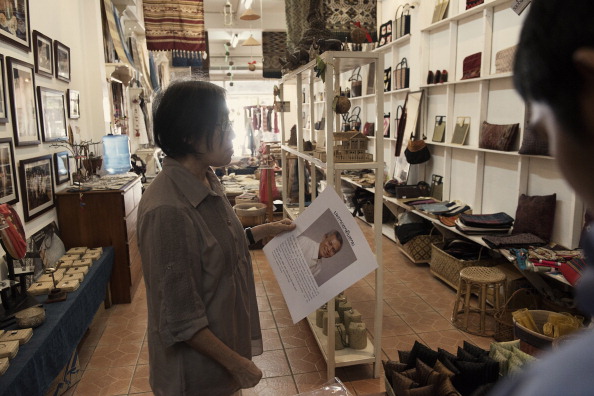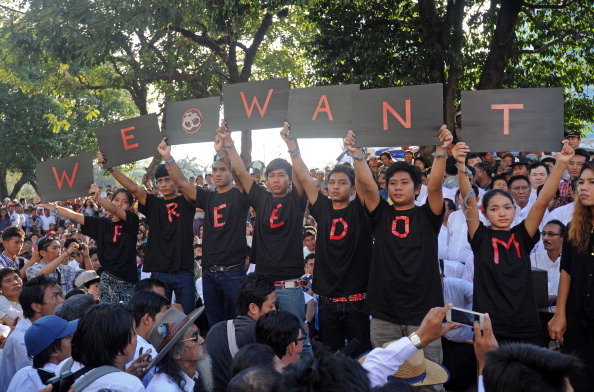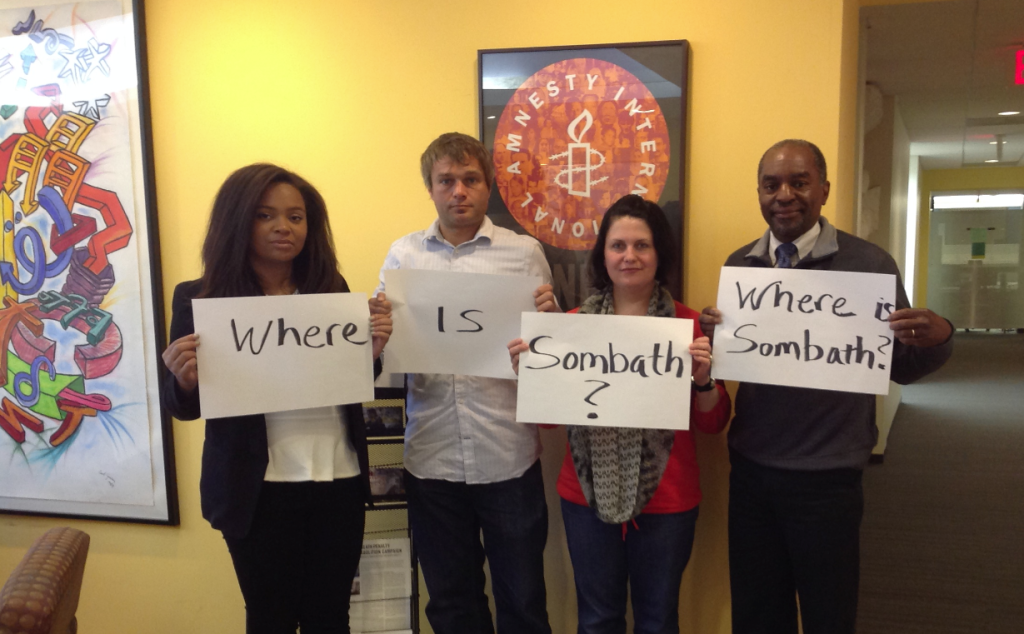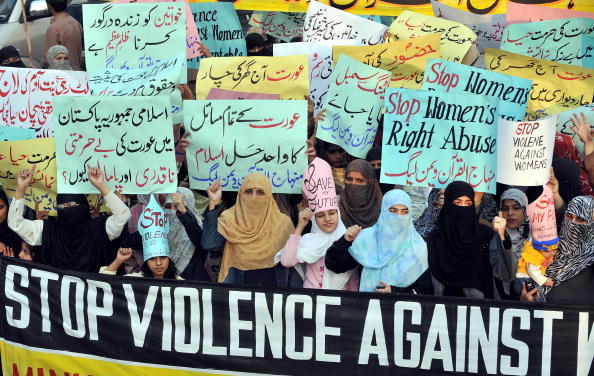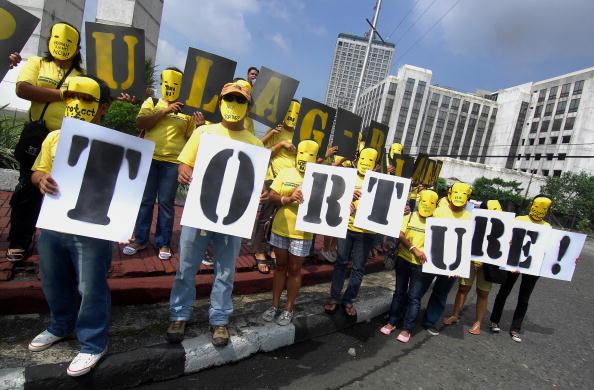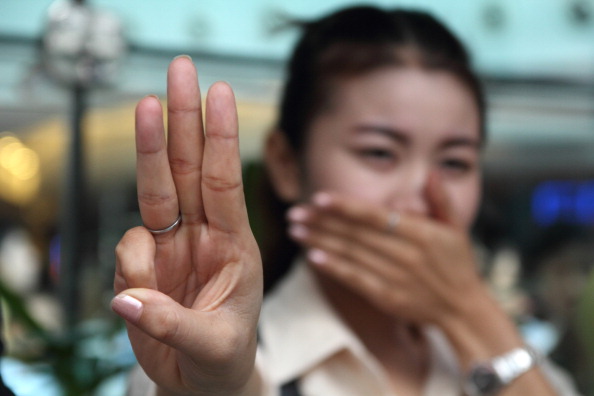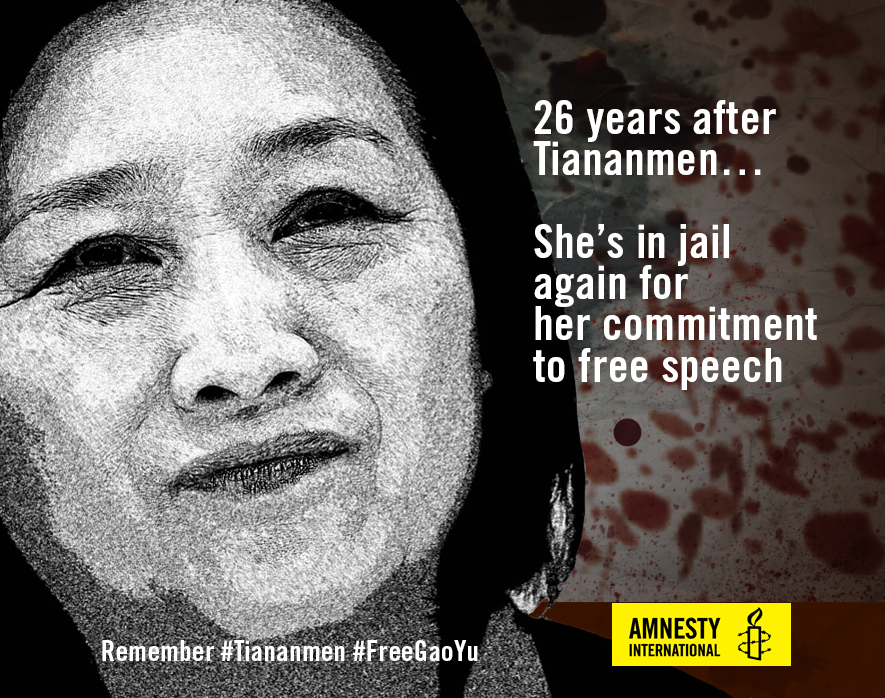
By T. Kumar, Amnesty International USA’s International Advocacy Director
Freedom of expression is under constant attack in China. But the recent sentence of prominent journalist, Gao Yu is not just another dissident being silenced. 71-year-old Gao Yu has been speaking out for nearly 30 years. She was detained without charge or trial for 15 months after the June 1989 crackdown on pro-democracy protests in Tiananmen Square. Upon release in 1990, she continued to work as a freelance journalist. SEE THE REST OF THIS POST

